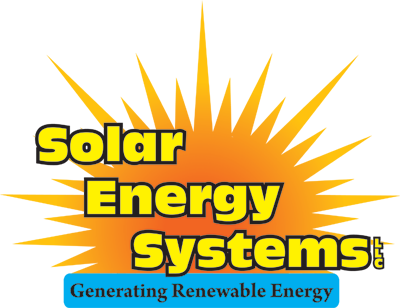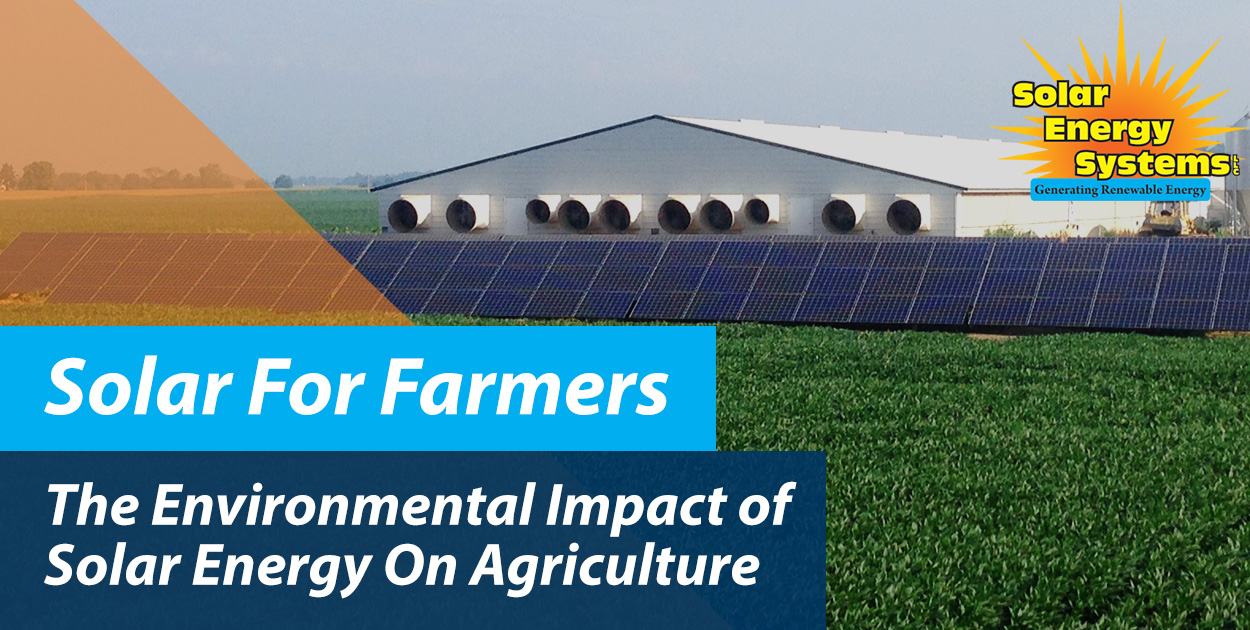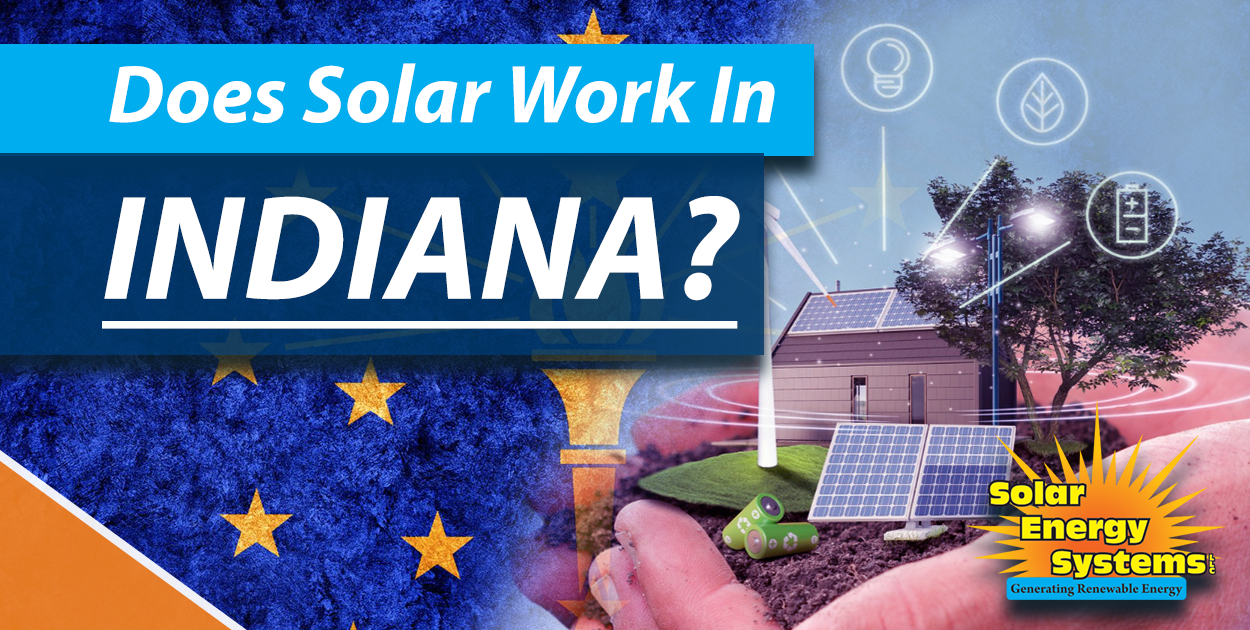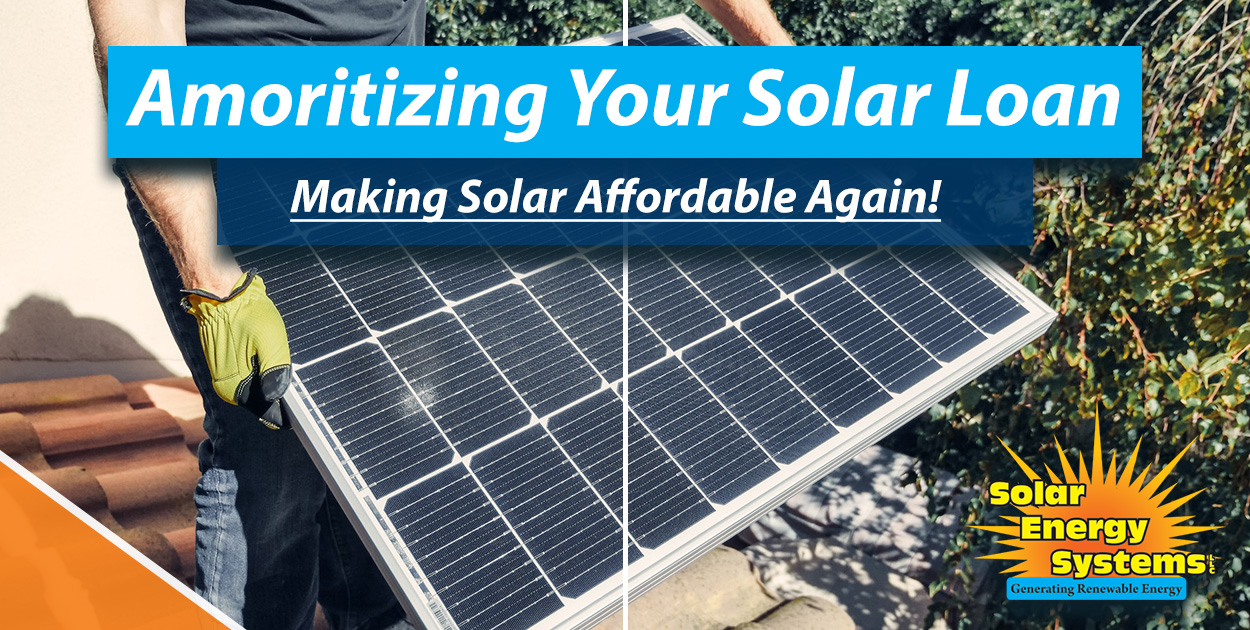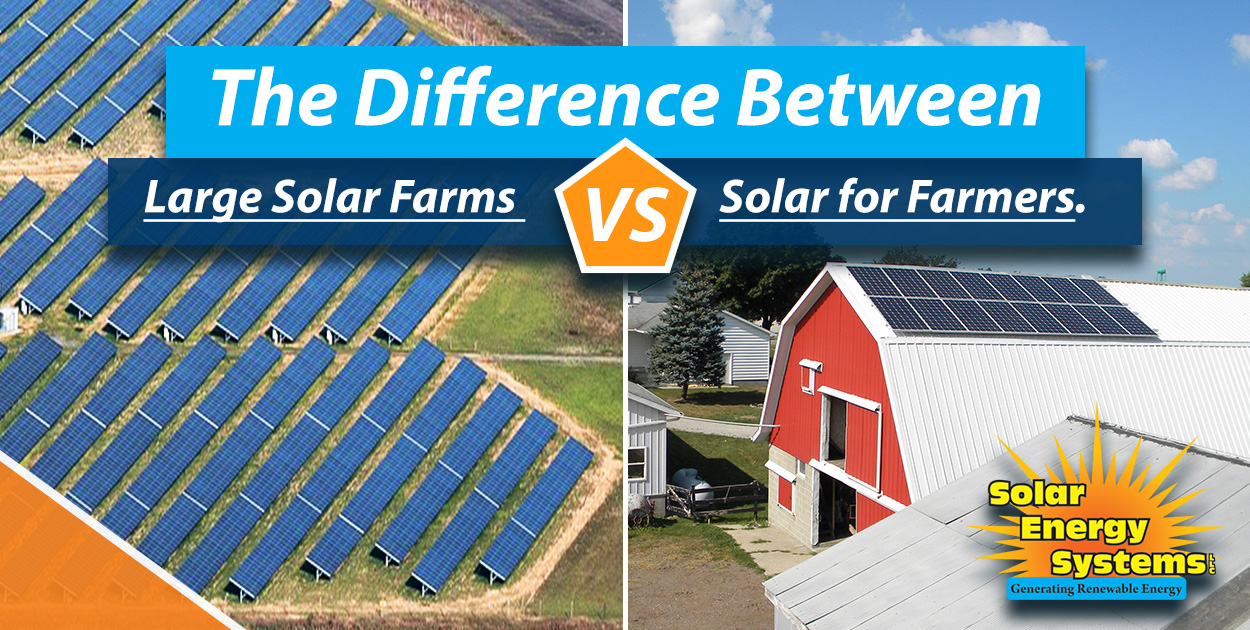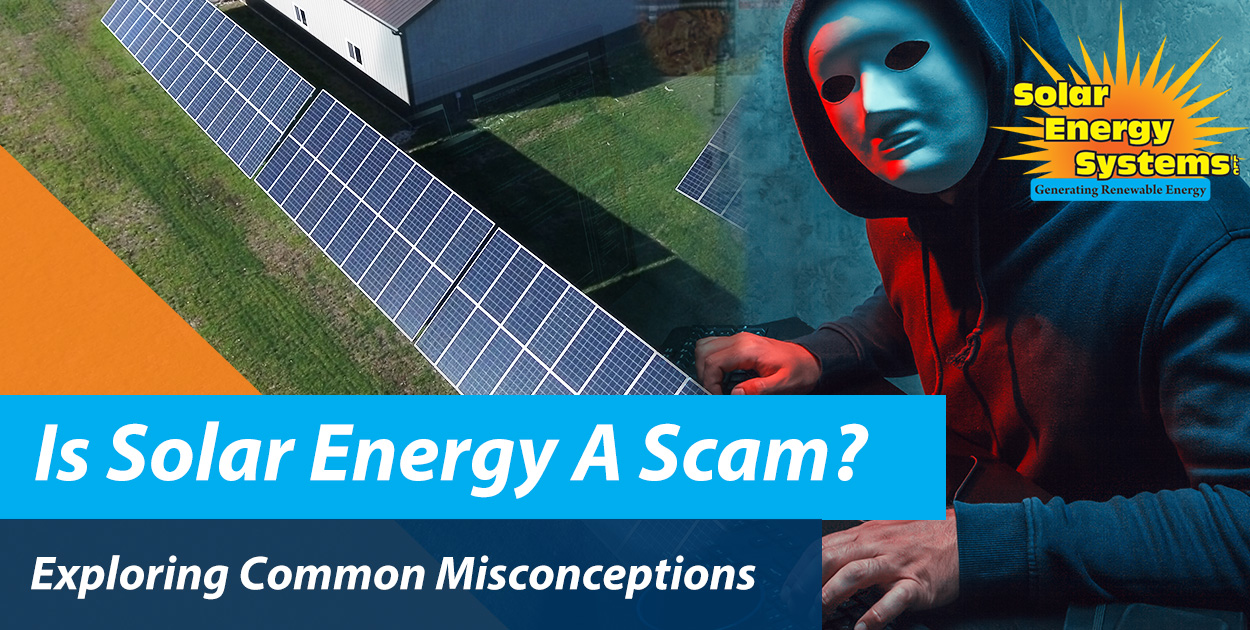The Advantages of Solar Energy for Farmers:
Enhancing Sustainability, Cutting Energy Costs, and Increasing Profitability
Farming is a demanding and complex business. Farmers are always looking for ways to increase efficiency, reduce costs, and enhance sustainability while maintaining production levels. Solar energy is an option that more farmers are turning to, and with good reason.
Solar energy has many advantages for farmers. First and foremost, it can help reduce energy costs. Energy expenses are a significant component of a farm’s operating costs, and as energy prices continue to rise, the financial burden on farmers grows. Solar panels can generate electricity that can offset a portion or even all of a farm’s energy usage, resulting in significant cost savings over time.
Enhancing Sustainability
In addition to cost savings, solar energy also provides an opportunity for farmers to enhance their sustainability and environmental stewardship efforts. By reducing reliance on fossil fuels, solar energy helps reduce greenhouse gas emissions and supports a cleaner environment. This is becoming increasingly important for consumers, who are increasingly looking for sustainable and environmentally conscious products.
Increased Profitability
The benefits of solar energy for farmers extend beyond just cost savings and environmental impact. Installing solar panels on a farm can also increase its profitability. One way this happens is through net metering. Net metering allows farmers to sell excess energy generated by their solar panels back to the grid, resulting in additional revenue for the farm.
Property Value
Moreover, solar energy also increases the value of farms. A study by the National Renewable Energy Laboratory (NREL) found that the installation of solar panels on farmland increased the value of the property by $3,000 per installed kilowatt (kW). This means that not only does solar energy provide cost savings and additional revenue, but it also enhances the value of the farm as an asset.
Installation
The installation process of solar panels on a farm is straightforward. After a site survey is conducted to assess the suitability of the land and energy needs of the farm, the solar panels are installed. Most solar panel installations take only a few days to complete, and the benefits of the system are immediately realized. There are also various financing options available for farmers to make the installation process more affordable.
Farm Solar Maintenance
Maintenance requirements for solar panels are minimal, and they typically require only periodic cleaning and inspection to ensure optimal performance. The lifespan of a solar panel system is also considerable, typically around 25 years, making it a long-term investment for farmers.
Making The Switch To Solar
In conclusion, solar energy is an increasingly attractive option for farmers looking to cut energy costs, enhance sustainability, increase profitability, and boost property value. With straightforward installation processes, financing options, and minimal maintenance requirements, solar panels are a practical and long-term investment for farms. At Solar Energy Systems, we offer farmers customized solutions that fit their specific needs and requirements. Contact us today to learn more about how solar energy can benefit your farm and take the first step towards a more sustainable and cost-effective future.
